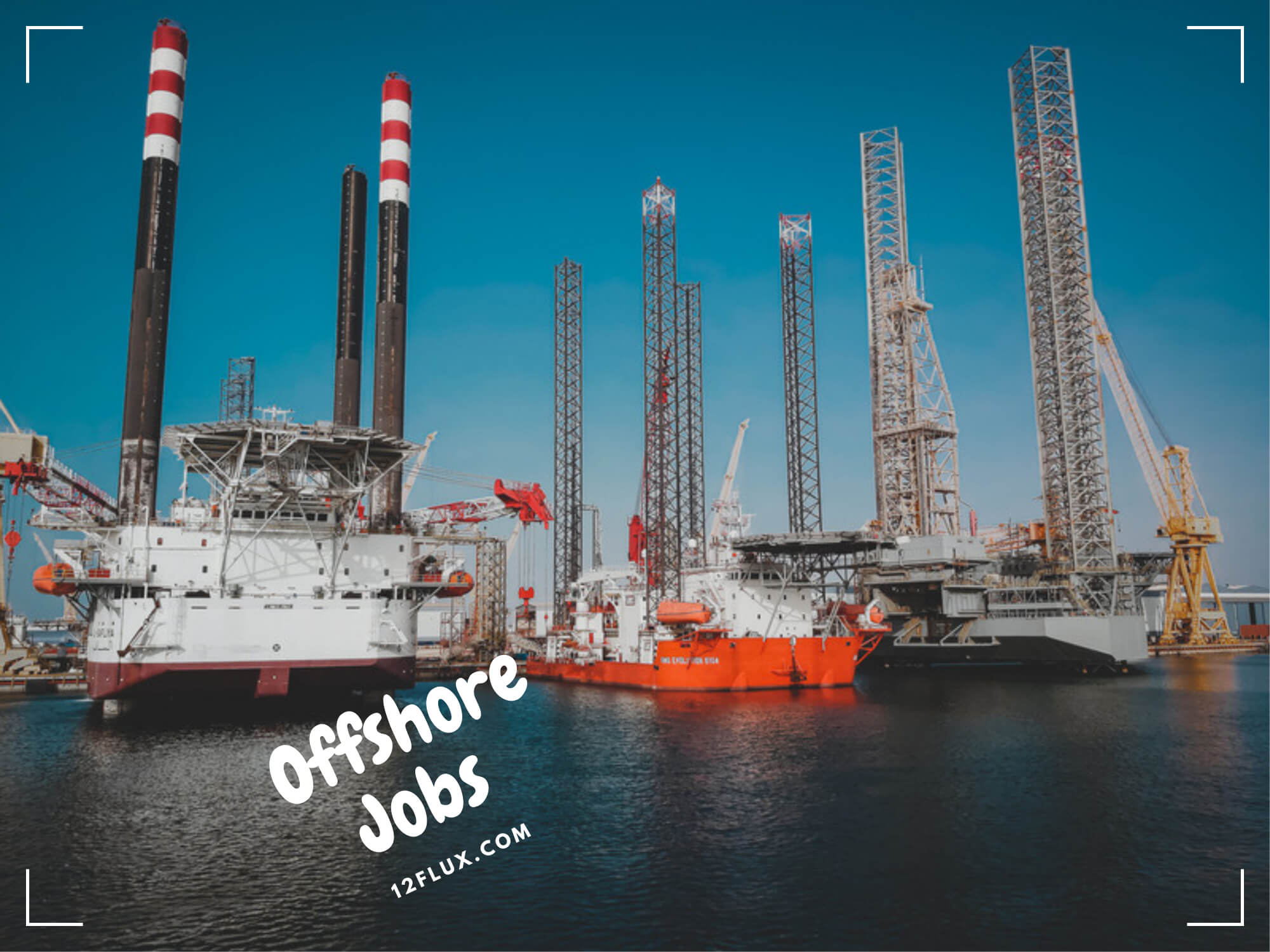What are offshore jobs?
What does it mean when people talk about overseas jobs? Well, different people mean different things when they use this expression. In its broadest sense, offshore jobs mean any job that is not on the mainland where you are staying. It could mean a job on an offshore oil rig, or it could mean a job on an island belonging to another country. For a US resident, a job in the Cayman Islands or Singapore would be offshore, and so would work on an oil rig just off the coast of one of the Gulf states.
Why should it matter?
For two reasons, really. The first is taxation. Certain laws in the US aim to encourage citizens to participate in difficult or risky assignments across borders. If your attorney and accountant agree that your business falls into this category, you can get a pretty hefty tax deduction. At one point, you can get as low as $80,000 a year. If you’re a bribe worker working on a deep-sea oil rig and making $80,000 a year, that means you don’t have to pay any income taxes. Obviously, you will need to meet with your attorney and accountant and have them do the proper paperwork.
The second important reason is that an overseas business typically pays better than the equivalent onshore business. As a driller on a deep-sea oil rig, you will get paid more than a driller on an onshore oil rig. Same with support jobs like electrician and mechanic. Overseas payments are much better, especially now that the entire oil industry is facing a shortage of hot bodies to power new oil rigs.
So why do oil companies pay more for overseas work?
From an economics perspective, it’s simply a matter of demand and supply. Currently, oil prices are high and rising. Most of the oil is under the ocean, so oil companies are desperately building offshore oil rigs and deep-sea oil rigs. Although robots can operate smoothly within the limited confines of a factory, oil rigs still cannot be automated. They still need human crews to operate them. Hence the great demand for workers. Unfortunately for oil companies, very few people have the qualifications to work on an offshore oil rig. You need to have a combination of courage, brain, and physical strength. Many people do not have all three. So we have high demand and low supply, resulting in very high wages. Someone who is a worker may earn more than a manager of a small company.
Other than that, an offshore oil well is considered a difficult and potentially dangerous posting. You should keep this in mind as the dollar signs dance before your eyes. While modern rigs are undoubtedly safer than oil rigs 50 years ago, you have to remember that working in the middle of the ocean can be pretty exciting when there’s a big storm around you… Or an earthquake or tsunami (if you’re just offshore).
You should now have a better idea of what it means when people talk about overseas business and why it should be important to you.
Read Also: Fully Funded Scholarships
